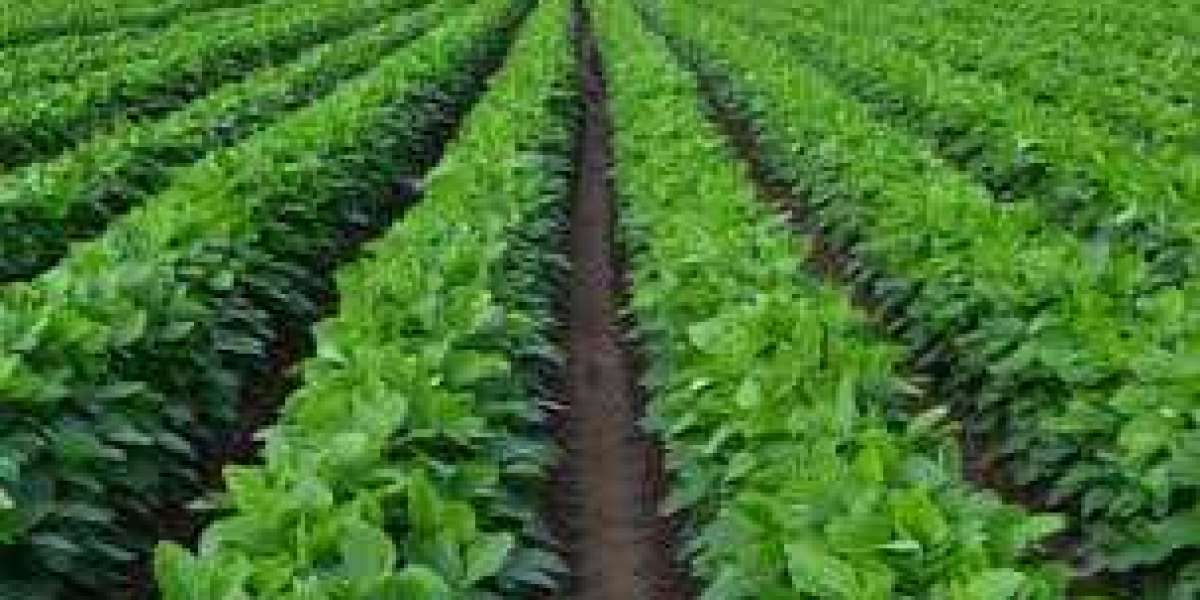Molybdenum is a trace element that is essential for plant growth and development. It plays a vital role in nitrogen metabolism and is a component of several enzymes that are involved in various physiological processes, including the conversion of nitrate to ammonia, the synthesis of proteins, and the fixation of atmospheric nitrogen. However, molybdenum is required in only small amounts, and deficiencies are relatively rare. Nevertheless, in some soils, the availability of molybdenum can be limiting, leading to decreased plant growth and yield. In this article, we will explore the benefits of molybdenum fertilizer and how it can be used to improve plant growth and yield.
What is Molybdenum Fertilizer?
Molybdenum fertilizer is a product that contains molybdenum in a form that is available to plants. It is typically used to correct molybdenum deficiencies in soil and can be applied as a foliar spray or added to the soil as a soil amendment. Molybdenum fertilizer is most commonly used on crops that are known to have high molybdenum requirements, such as legumes and brassicas.
Benefits of Molybdenum Fertilizer
1. Improved Nitrogen Fixation: Molybdenum plays a critical role in the conversion of nitrogen to ammonia, which is essential for plant growth. Therefore, molybdenum fertilizer can help to improve nitrogen fixation and increase plant growth.
2. Increased Enzymatic Activity: Molybdenum is a component of several enzymes that are involved in various physiological processes, including the synthesis of proteins. Therefore, molybdenum fertilizer can help to increase enzymatic activity and improve plant growth.
3. Increased Yield: Molybdenum deficiency can lead to decreased plant growth and yield. Therefore, correcting molybdenum deficiencies with molybdenum fertilizer can help to increase yield.
How to Use Molybdenum Fertilizer
The application of molybdenum fertilizer will depend on the type of crop, soil type, and severity of the molybdenum deficiency. It is recommended to conduct a soil test to determine the level of molybdenum in the soil before applying molybdenum fertilizer. If the soil test indicates a molybdenum deficiency, molybdenum fertilizer can be applied as a foliar spray or added to the soil as a soil amendment.
Conclusion
Molybdenum is an essential trace element for plant growth and development. Molybdenum deficiencies can lead to decreased plant growth and yield, but molybdenum fertilizer can help to correct deficiencies and improve plant growth and yield. The application of molybdenum fertilizer will depend on the type of crop, soil type, and severity of the molybdenum deficiency. By using molybdenum fertilizer, farmers can improve crop yields and ensure that their crops have the nutrients they need to thrive.








